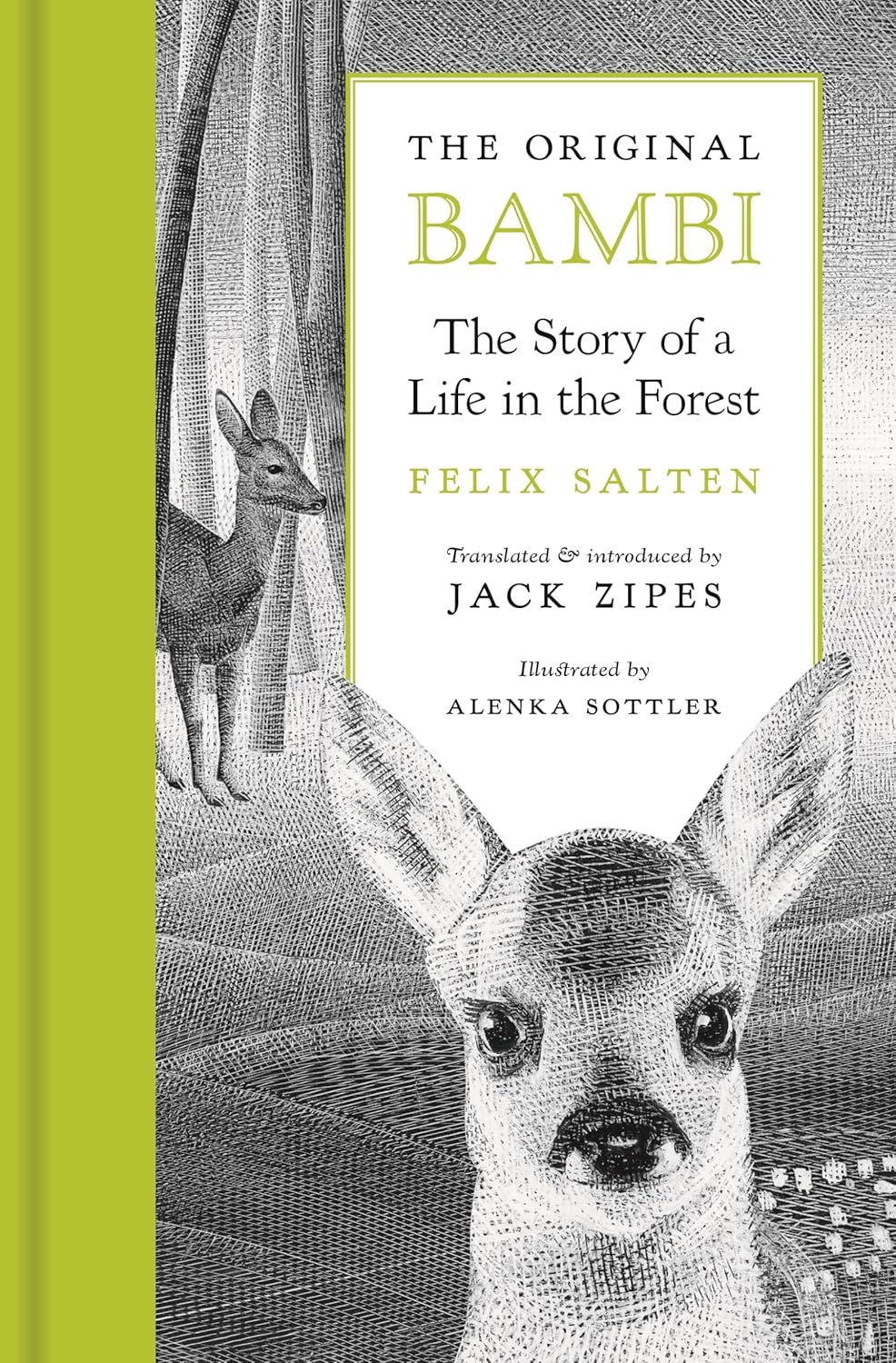Felix Salten was an unlikely figure to write “Bambi,” since he was an ardent hunter who, by his own estimate, shot and killed more than two hundred deer. He was also an unlikely figure to write a parable about Jewish persecution, since, even after the book burnings, he promoted a policy of appeasement toward Nazi Germany. And he was an unlikely figure to write one of the most famous children’s stories of the twentieth century, since he wrote one of its most infamous works of child pornography.
These contradictions are nicely encapsulated by Beverley Driver Eddy in her biography “Felix Salten: Man of Many Faces.” Born Siegmund Salzmann, in Hungary in 1869, Salten was just three weeks old when his family moved to Vienna—a newly desirable destination for Jews, because Austria had lately granted them full citizenship. His father was a descendant of generations of rabbis who shook off his religious roots in favor of a broadminded humanism; he was also a hopelessly inept businessman who soon plunged the family into poverty. To help pay the bills, Salten started working for an insurance company in his teens, around the same time that he began submitting poetry and literary criticism to local newspapers and journals. Eventually, he began meeting other writers and creative types at a café called the Griensteidl, across the street from the national theatre. These were the fin-de-siècle artists collectively known as Young Vienna, whose members included Arthur Schnitzler, Arnold Schoenberg, Stefan Zweig, and a writer who later repudiated the group, Karl Kraus.
Salten was, in his youth, both literally and literarily promiscuous. He openly conducted many affairs—with chambermaids, operetta singers, actresses, a prominent socialist activist, and, serially or simultaneously, several women with whom other members of Young Vienna were having dalliances as well. In time, he married and settled down, but all his life he wrote anything he could get paid to write: book reviews, theatre reviews, art criticism, essays, plays, poems, novels, a book-length advertisement for a carpet company disguised as reportage, travel guides, librettos, forewords, afterwords, film scripts. His detractors regarded this torrent as evidence of hackery, but it was more straightforwardly evidence of necessity; almost alone among the members of Young Vienna, he was driven by the need to make a living.
